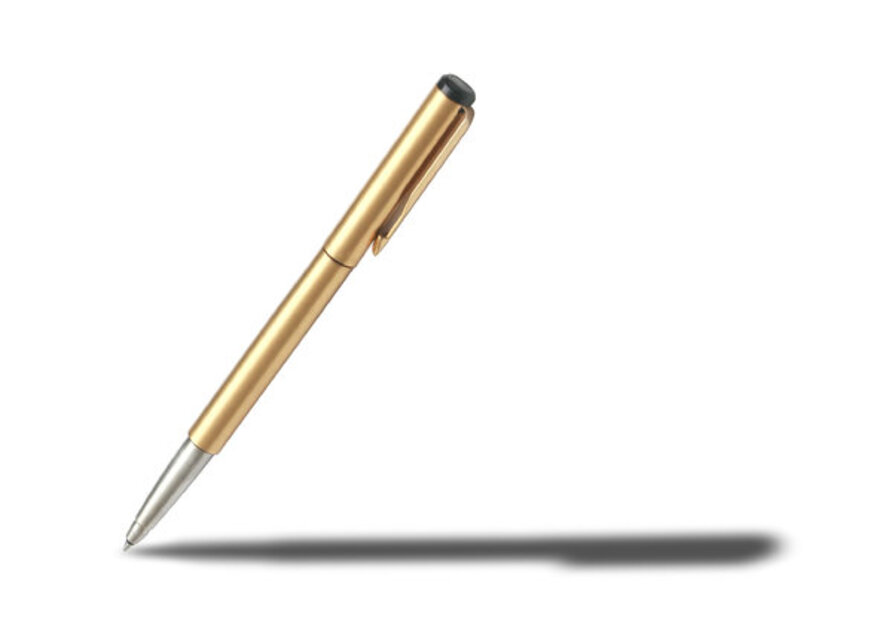
Our Gemara on Amud Beis discusses a case where a person pledges an ox for an Olah sacrifice, uses language “it is incumbent upon me” which obligates him to replace the ox if it is damaged or stolen. If someone stole this ox, what liabilities would the thief incur to reimburse the owner ? On the one hand, since the owner dedicated an ox, and is responsible to bring it no matter what, the thief should reimburse him with a similar quality ox, or the equivalent value. On the other hand, since the owner has a technical requirement, to fulfill his pledge to bring an Olah sacrifice, perhaps the thief need only give the owner the minimum replacement, such as a lamb?
ū×ųĘūÉūÖ? ū×ų┤ūÖ ūÉųĖū×ų░ū©ų┤ūÖūĀųĘū¤: ū®ūüųĄūØ ūóūĢų╣ū£ųĖūö ū¦ųĘūæų╝ųĄūÖū£ ūóų┤ūÖū£ų╝ųĖūĢųĄūÖūöų╝; ūÉūĢų╣ ūōų┤ū£ų░ū×ųĖūÉ, ū×ųĖū”ųĄūÖ ūÉų▓ū×ųĘū© ū£ųĄūÖūöų╝: ūÉų▓ūĀųĖūÉ ū×ų┤ū”ų░ūĢųĖūö ū×ų┤ū¤ ūöųĘū×ų╝ūĢų╝ūæų░ūŚųĖū© ūæų╝ųĖūóųĄūÖūĀųĖūÉ ū£ų░ū×ųČūÖūóų░ūæų╝ųĘūō?
Rava elaborates: What is the halakha in this case? Do we say that he accepted upon himself to sacrifice an animal with the status of a burnt-offering, in which case any animal that fulfills this requirement will suffice? If so, the thief may compensate the owner with a sheep or bird, as the owner can sacrifice that animal as a burnt-offering. Or perhaps the owner can say to the thief: I want to perform the mitzva in the optimal manner, which is by sacrificing a bull. Therefore, you must pay me back with a bull.
Subsequently, Rava ruled on the lenient side.
Based on this, poskim discuss a modern day application of this principle. What if somebody bought an extremely expensive mehudar Esrog, and then it was stolen on Succos. Would the thief have to pay or supply him with an Esrog of the same quality, or would any kosher Esrog be sufficient?
Shu”t Maharam Mintz (113) compares this case to our Gemara and therefore rules that any kosher Esrog would be sufficient. Shu”t Chacham Tzvi (120) argues that this situation is different, as the Esrog also has a market resale value, unlike the already dedicated sacrifice, and so the market value of the Esrog must be paid.
Regardless, the Chacham Tzvi is only ruling differently based on the technical value of the Esrog. Therefore, if the theft was on day 7 of Succos, even though the owner would have still wanted his $500 Esrog, the thief would only have to pay him the market value which would be rather low, or supply him with a marginal Esrog.
This teaches an important lesson. The personal value of the mitzvah is in the sacrifice and dedication shown. One way this dedication is shown is via purchasing the highest quality Esrog, but the mitzvah is still the same mitzvah. You can argue, since the owner’s intentions and sacrifice were enacted, it’s of less importance what Esrog he actually uses. However, it might not feel the same. Ego can interfere in a mitzvah when one invests so much.
There is a famous SY Agnon story about a man who bought a mehudar expensive Esrog. Upon noticing his neighbor’s child forlorn because she accidentally dropped her father’s Esrog, and fearful that he would be angry, the man replaced her Esrog with his. In a similar Chassidic story, a poor man sells all his possessions in order to purchase a prize Esrog. In one version of the story, the wife merely accidentally drops the Esrog, and in another version of the story, finding out that he “squandered” his money, she angrily throws the Esrog on the floor, and in both cases, the Esrog becomes invalidated from the damage of the fall. Instead of losing his temper, the rabbi calmly accepts his fate. He says, “I lost my Esrog, should I also lose my share in the world to come (by losing his temper and humiliating his wife?)”
Translations Courtesy of Sefaria, except when, sometimes, I disagree with the translation ![]()
If you liked this, you might enjoy my Relationship Communications Guide. Click on the link above.
Rabbi Simcha Feuerman, Rabbi Simcha Feuerman, LCSW-R, DHL is a psychotherapist who works with high conflict couples and families. He can be reached via email at simchafeuerman@gmail.com
 Previous
Previous

